Health and Wellness
Water has a Memory – What?
If you do a quick internet search, you’ll find no shortage of articles claiming water’s memory is pseudoscience and that it’s simply “not accepted by the scientific community.”
It’s been said Truths pass through three stages.
- They are ridiculed
- They are violently opposed
- They are accepted as self-evident
If water does, in fact, have memory, we’re somewhere between the first and second phase.
Conventional science maintains it simply can’t be true. In popular media, a snowman well-known for his naivete claims water contains real memories. In the movie, this means actual scenes that can be made visible when frozen.
The latter certainly brought water’s ability to hold memories to the forefront of the public mind. Many people will likely instantly think of the movie when you mention “water memory.”
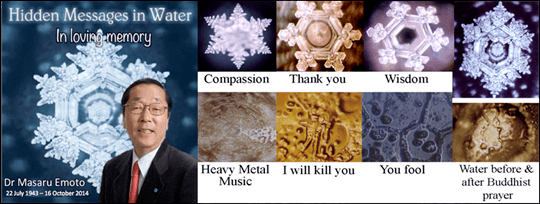
The naked truth about water and memory
Realistically, there's no conceivable way freezing massive quantities of water would be able to show you what people were doing in a particular location decades ago. Beautiful ice sculptures don’t simply come to appear.
But that’s not what water’s memory is about.
Research into water's ability to hold memories started to solidify with Dr. Jacques Benveniste in 1988. Though, research in Russia began some 60 years earlier.
In his time, Dr. Benveniste published more than 300 scientific articles about molecular biology. He was one of the most respected scientists in his field.
What he discovered about water changed the scope of molecular biology and bioenergetics as we know it.
Yet his work is largely ridiculed.
You see, his team took proteins and diluted them in water until there was nothing discernible left. The original cells were completely gone.
Now, what Benveniste did is different from homeopathy. With homeopathy, there is some of the substance still remaining, there’s just very little of it. Benveniste’s water had nothing of the original protein left.
Yet when he introduced his water to white blood cells, the blood cells reacted exactly the same as if the protein was there.
Based on this single study, water does have memory and it's capable of proving it.
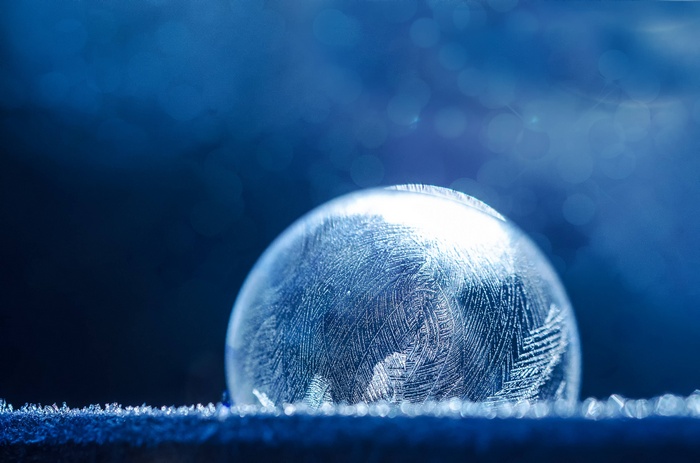
Water's memory: hard to believe, but true
Despite the proof presented before their very eyes, Nature Scientific Journal opted not to publish Dr. Benveniste's research. Remember, this was one of the most published and respected scientists in the field of molecular biology. Yet his research was completely denied.
However, Benveniste’s work caught the eye of another notable scientist, Nobel prize winner, Dr. Luc Montagnier.
Dr. Montagnier took water's memory to higher heights than Benveniste could have ever imagined.
He started in the same spot -- showing that water could contain memories of what it used to contain.
Dr. Montagnier took a much more complex protein, DNA, and diluted it in water until no physical DNA was present. In fact, all that was present were some low frequency waves.
These waves, Dr. Montagnier reasoned, could be sent across the world and affect water over there. So, he recorded the frequency with a magnetic coil, converted it into a .wav file and sent it to Italy.
When the .wav file successfully transferred the same frequency of the DNA to new water, two major leaps in knowledge were made.
The first gave water's memory more solid ground to stand on.
The second, and more shocking, is that water can transfer its memory via sound.
What does it all mean?
Water's ability to hold memories might seem impossible and like complete science fiction, but
it has everything to do with what's at the very center of the universe: energy.
What Dr. Montagnier uncovered isn't so much that water has memory, but that water can contain energy signals of previous inhabitants.
After all, sound is energy in waves. Since he was able to find DNA's frequency and create a sound recording of it, DNA must be made of energy. And water must be able to not only retain that energy signal, but also transfer it.
This is not easy for the general public and conventional scientific community to understand.
What water is really doing, though, is maintaining the information of what it previously contained.
It’s how E4L (former NES Health) arrived at the name, Infoceuticals.
Just like when you read a book, you’re able to retain the information from it even though it’s not right in front of you. Water works in a similar fashion.
This research forms the basis of what E4L does.
- Water has memory and we can feed it the information we want it to remember.
- Water can share that information with other water in your body.
Prof. Peter Fraser, one of E4L founders, was able to record the healthy blueprint of a liver cell, for example.
By sharing this information, Infoceuticals are able to correct the body-field, often succeeding when other methods have not.
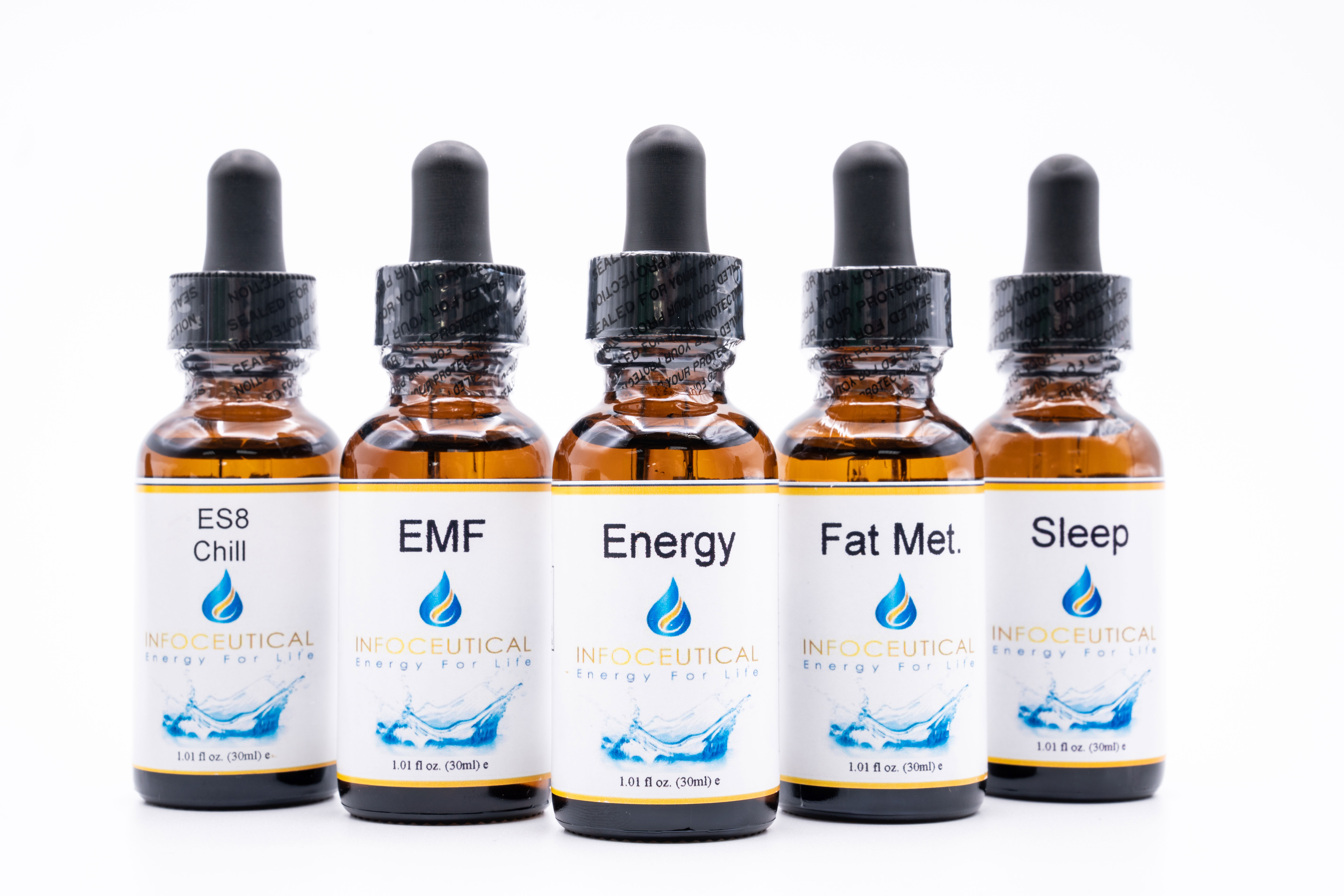
Body-Field Scan
Ready to find out what's impacting your energy levels by using our bioenergetic scanning technology. Check out your body’s energy with a Body-Field scan and gain deeper insight into your holographic self with our certified Bioenergetic Practitioner. For an In-Clinic visit click here, or, for a Telehealth (remote) session click here.
We offer a completely new, alternative and bioenergetic healthcare approach based on 21st century science, technology and quantum physics with personalized, holistic therapy solutions such as, our unique BioScalar Infusion℠ therapy, NES body-field scan technology, miHealth biofeedback, PEMF, Rife and Vibroacoustic (VAT) therapies that can restore optimal health and well-being throughout the body, mind and spirit in the most natural way. Let us help you restore your health and energy!


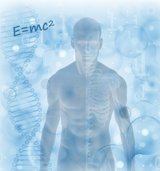
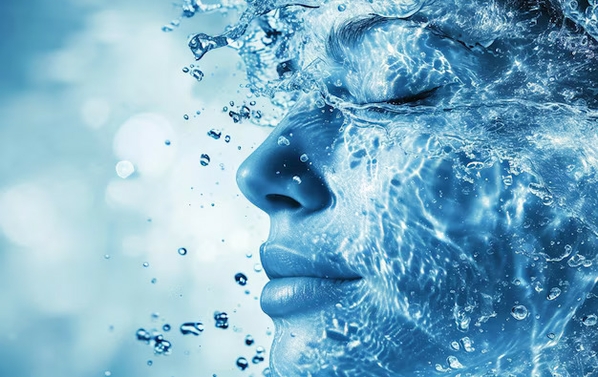


Wow, superb blog! Thank you for sharing this information. Your site is excellent, let alone the content!
Wow just wanted to say superb blog!
It’s hard to find experienced people for this subject, but you sound like you know what you’re talking about! Thanks
An outstanding share! I have just forwarded this onto a friend who was doing a little homework on this. And he in fact bought me lunch due to the fact that I discovered it for him… lol. So allow me to reword this…. Thank YOU for the meal!! But yeah, thanks for spending some time to talk about this issue here on your website.
It’s an remarkable article designed for all the web viewers; they will take benefit from it I am sure.
magnificent publish, very informative. I wonder why the opposite experts of this sector don’t understand this. You should continue your writing. I am sure, you have a huge readers’ base already!
I love what you guys are up too. Such clever work and coverage! Keep up the terrific works guys I’ve incorporated you guys to our blogroll.
I am really pleased to read this webpage posts which carries lots of valuable facts, thanks for providing these data.